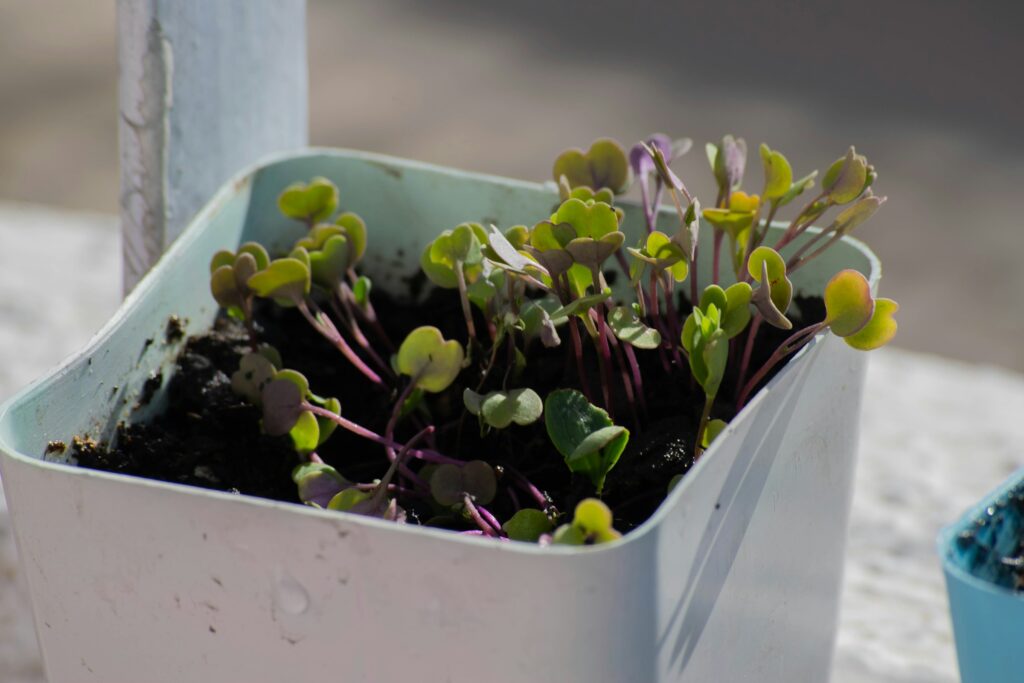The Foundation of Greenery: Understanding the Importance of Soil Health in Successful Home and Garden Construction
In the realm of home and garden construction, there’s one element that often goes unnoticed but plays a crucial role in the success of any project: soil health. Whether you’re building a new garden bed, laying down a lawn, or planting trees around your home, the quality of the soil can determine the longevity and vibrancy of your green spaces. In this article, we delve into the significance of soil health and why it’s essential for any home and garden construction endeavor.

Nutrient Availability
Healthy soil is rich in essential nutrients like nitrogen, phosphorus, and potassium, which are vital for the growth and development of plants. These nutrients act as the building blocks for plant growth, facilitating processes such as photosynthesis, root development, and flower production. Without adequate nutrients, plants may struggle to thrive, resulting in stunted growth, poor yield, and increased susceptibility to pests and diseases. By ensuring soil health through proper fertilization and organic matter incorporation, homeowners can create an optimal environment for their plants to flourish.
Soil Structure and Drainage
The physical structure of soil plays a significant role in its ability to support plant growth. Healthy soil should have a balanced texture, allowing for adequate aeration, water retention, and root penetration. Compacted or poorly structured soil can impede root growth and limit water infiltration, leading to waterlogging, erosion, and nutrient leaching. Incorporating organic matter such as compost and mulch can improve soil structure, promoting better drainage and root development. Additionally, incorporating soil amendments like perlite or vermiculite can enhance aeration and prevent compaction, ensuring optimal growing conditions for plants.
Microbial Activity
Beneath the surface, a bustling community of microorganisms, including bacteria, fungi, and protozoa, plays a crucial role in soil health. These microorganisms are responsible for decomposing organic matter, cycling nutrients, and suppressing harmful pathogens. Healthy soil with a diverse microbial population can enhance nutrient availability, improve soil structure, and increase plant resilience to stress. Practices such as composting, crop rotation, and minimal tillage can foster microbial activity, promoting a thriving soil ecosystem essential for successful home and garden construction.
pH Balance
Soil pH, a measure of its acidity or alkalinity, significantly influences nutrient availability and plant growth. Most plants prefer a slightly acidic to neutral pH range (pH 6.0-7.0), although certain species may have specific pH requirements. Soil pH can affect the solubility of nutrients, with extreme pH levels hindering nutrient uptake and causing nutrient deficiencies. Regular soil testing is essential to monitor pH levels and determine the need for corrective measures such as liming or acidification. By maintaining the optimal pH balance, homeowners can ensure that their plants have access to essential nutrients for healthy growth.
Water Retention and Conservation
Efficient water management is critical for sustainable home and garden construction, particularly in regions prone to drought or water scarcity. Healthy soil with good water retention properties can help conserve moisture, reducing the need for frequent irrigation and minimizing water wastage. Organic matter acts as a sponge, absorbing and holding onto moisture, while well-structured soil allows water to infiltrate and percolate gradually. Implementing water-saving techniques such as mulching, drip irrigation, and rainwater harvesting can further enhance water efficiency, promoting lush and resilient gardens even in arid climates.
Environmental Sustainability
Beyond its immediate impact on plant growth, soil health plays a significant role in environmental sustainability. Healthy soil acts as a carbon sink, sequestering atmospheric carbon dioxide and mitigating climate change. Additionally, well-maintained soil ecosystems contribute to biodiversity conservation, providing habitat and food sources for a diverse array of organisms. By adopting soil-friendly practices such as organic gardening, composting, and agroforestry, homeowners can contribute to soil conservation efforts and promote a healthier planet for future generations.
In conclusion, soil health is a cornerstone of successful home and garden construction, influencing everything from plant growth to environmental sustainability. By prioritizing soil health and implementing practices that enhance soil fertility, structure, and biodiversity, homeowners can create vibrant and resilient green spaces that thrive for years to come. Whether you’re starting a new garden bed, landscaping your yard, or cultivating a lush lawn, investing in soil health is essential for cultivating a flourishing outdoor environment that enhances the beauty and value of your home.
